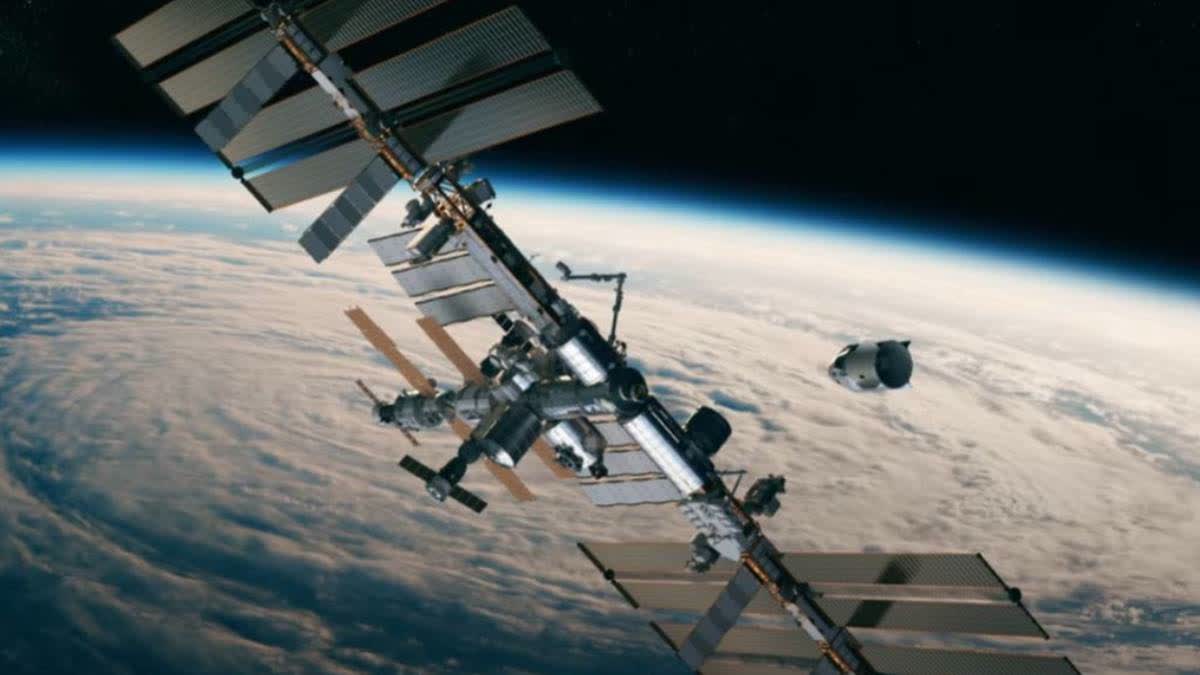Chennai:Researchers of Indian Institute of Technology, (IIT) Madras and NASA’s Jet Propulsion Laboratory (JPL) are studying multidrug-resistant pathogens at the International Space Station (ISS) to help in safeguarding the health of the astronauts about 400-km above the earth's surface.
The study aims to get a comprehensive understanding on the genomic, functional and metabolic enhancements observed in multidrug-resistant pathogens with a particular focus on Enterobacter bugandensis, a prevalent nosocomial pathogen found on surfaces within the ISS.
Astronauts operating in altered immune conditions with limited access to traditional medical facilities face unique health challenges during space missions. By understanding the microbial landscape aboard the ISS will in turn help in assessing the impact of these microorganisms on the well-being of the astronauts. Infact, the study emphasises on investigating the pathogenic potential of microorganisms in space environments to safeguard astronaut health and mitigate the risks associated with opportunistic pathogens.
This research represents a significant advancement in understanding microbial dynamics in confined environments. The findings hold promise for applications in controlled settings on Earth, including hospital intensive care units and surgical theatres, where multidrug-resistant pathogens pose significant challenges to patient care.
Emphasising the broader implications of the research, Dr. Kasthuri Venkateswaran, Senior Research Scientist at JPL, NASA, said, “Our research uncovers the microbial community interactions of how certain benign microorganisms help to adapt and survive opportunistic human pathogen, E. bugandensis, in the unfavourable conditions of the International Space Station. The knowledge gained from this study would shed light on microbial behaviour, adaptation, and evolution in extreme, isolated environments that allow in designing novel countermeasure strategies to eradicate opportunistic pathogens, thus protecting the health of astronauts.”
The research team identified detailed genomic features and potential antimicrobial resistance mechanisms within E. bugandensis strains isolated from various locations within the ISS.
